






Urban Ecosystem design Lab
EXPLORING SOCIO-ECOLOGICAL RESPONSES
TO DESIGN INITIATIVES IN THE URBAN REALM
Urban Ecosystem design Lab
EXPLORING SOCIO-ECOLOGICAL RESPONSES
TO DESIGN INITIATIVES IN THE URBAN REALM
THE URBAN ECOSYSTEM DESIGN LAB IS AN EXPERIMENTAL RESEARCH GROUP EXPLORING SOCIO-ECOLOGICAL RESPONSES TO DESIGN INITIATIVES IN THE URBAN REALM.
Cities, or "urban ecosystems", are complex socio-ecological systems that depend on variable anthropogenic processes and natural dynamics. Urban and Landscape Design have traditionally defined the scope and performance of stable urban forms and durable spatial assets, which were responding to stable conditions for long periods of time. In the face of unpredictable urban dynamics, including global environmental change, economic and socio-demographic transformations, this may not be any longer appropriate.
In this frame, the aim of the UELab is to develop and apply adaptive design strategies for cities resilience to face the challenges posed by the effects of global transformations. Through the application of scientific methods to experimental design, Adaptive Urban Design trigger innovation to close the gap between research and practice. The acknowledgement of both anthropogenic processes and natural dynamics in urban design leads to a new spatial aesthetics, based on the variability of seasons, climatic change, water level transitions, economic fluctuations, etc.
In collaboration with local governments, industry and communities the Urban Ecosystem design Lab provides services in the field of sustainable spatial design and planning. The Research Group promotes applied research and research-integrated teaching with the objective to develop and test:
1. Adaptive design strategies for sustainable urbanism and resilient cities.
2. Innovative Urban regeneration methodologies and techniques.
3. Participatory planning activities with local community and local governments.
4. Support strategies for decision making in spatial management.
In particular, the Lab develops research and consultancy projects integrating the rigor of a scientific approach with the creativity of the design process, in the fields of:
- Design for Urban Ecosystems
- Adaptive urban design, climate and water sensitive urban design
- Design for flooding
- Nature based solutions and Green infrastructures
- Urban agriculture, roof gardening and community gardens
- Place making and Tactical urbanism
- The space of urban mobility
- The space of Sharing economy
- Adaptive reuse of urban interstitial spaces.
OBJECTIVES
Masters students, doctoral candidates and researchers are engaged in a collaborative form of design / action / research involving industry and the local community.
In collaboration with local governments, industry and communities the Urban Ecosystem design Lab will provide teaching and research in the field of sustainable urban and landscape design with these characteristics:
EXPERIENTIAL – Engage the participants in a “learning by doing” environment through direct involvement in community driven projects and a collaborative approach to design.
MULTIDISCIPLINARY – Involve several expertise and fields of research in a multifunctional, integrated research environment.
EXPERIMENTAL – A design/research approach articulates creative and exploratory tools with scientific measurements and monitoring.
INNOVATIVE – Provide ground-breaking design research.
COMMUNITY ENGAGING – Build a strong link between local communities, engaging key stakeholders, building expertise and enhancing social commitment of the students/designers through action research and proactive exchanges with the urban actors.
For more information contact UELab at urbanecodesignlab@gmail.com

News
EVENTS, WORKSHOPS, LECTURES, FIELD TRIPS, PUBLICATIONS
News
EVENTS, WORKSHOPS, LECTURES, FIELD TRIPS, PUBLICATIONS

Research
& PROJECTS
Research
& PROJECTS
2022
2021
2020
2019
2018
2017
2016
2015

Get hands dirty
BUILT PROJECTS
Get hands dirty
BUILT PROJECTS

Links
OUTSIDE THE LAB
Links
OUTSIDE THE LAB

People
& Partnerships
People
& Partnerships
UEL SCIENTIFIC COORDINATOR
Dr Elisa Palazzo, Urban Landscape Architect, BE UNSW
CONSULTANTS
Prof James Hayter, Oxigen
Dr Bruno Pelucca, studiostudio architettiurbanisti
Dr Sheryn Pitman, Programme Manager Inspiring South Australia, SA Museum
Dr Gary Hancock, Entrepreneurship Commercialisation and Innovation Centre, UofA
ALUMNI
PARTNERSHIPS AND AFFILIATED INSTITUTIONS
The Urban Ecosystem design Lab is engaged in a collaborative form of design/research and research/action which explores innovative ideas for experimental urban projects and combines urban ecological research with designed strategies.
The Lab takes advantage of the existing programs and projects defined by the Sustainable Built Environment research group with the academic institutions and the local governments, industry and communities.
We are developing partnerships researches in collaboration with:
and we are affiliated with these institutions:












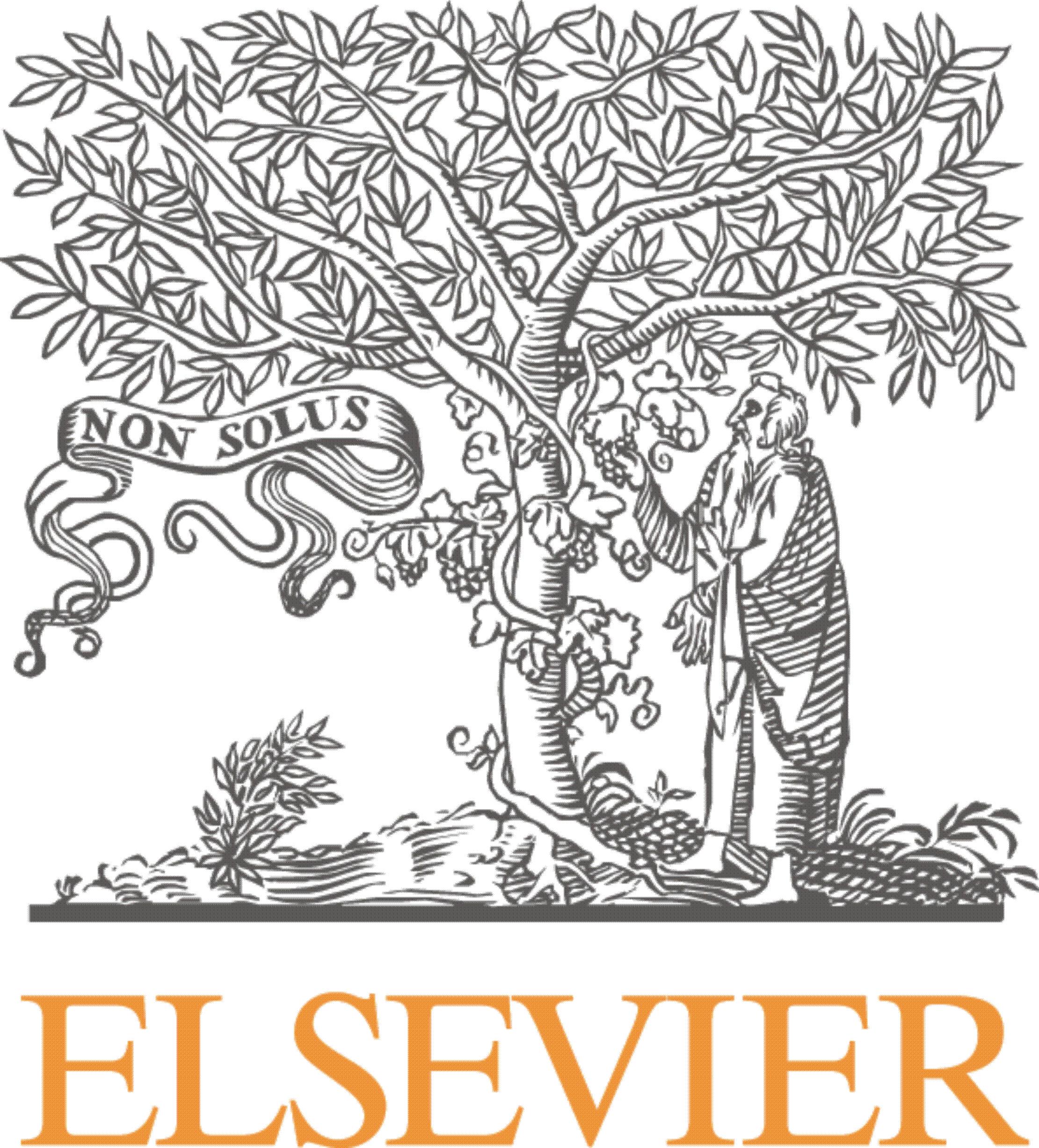












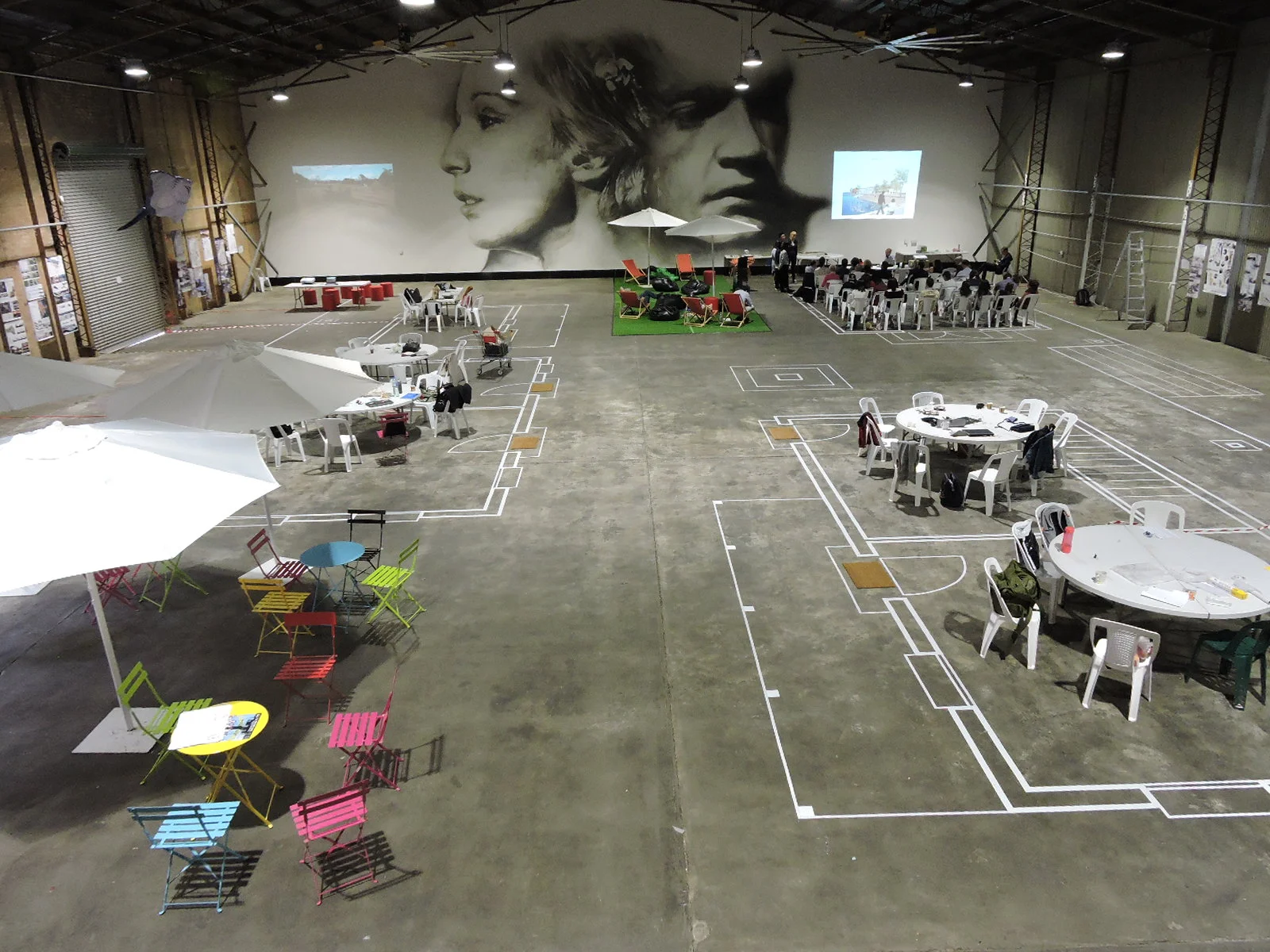
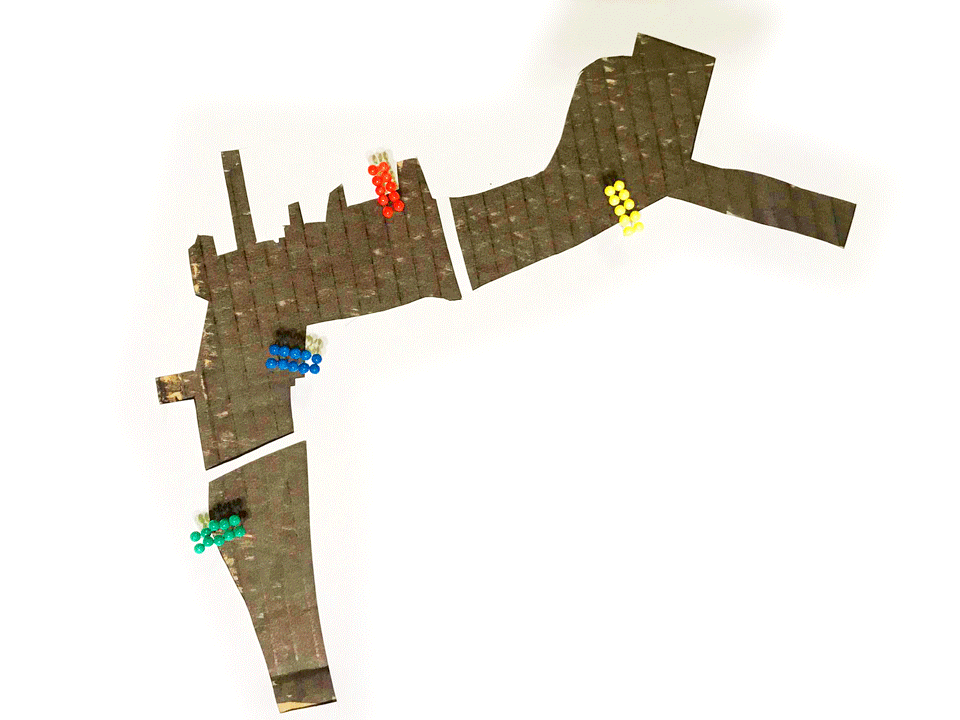






























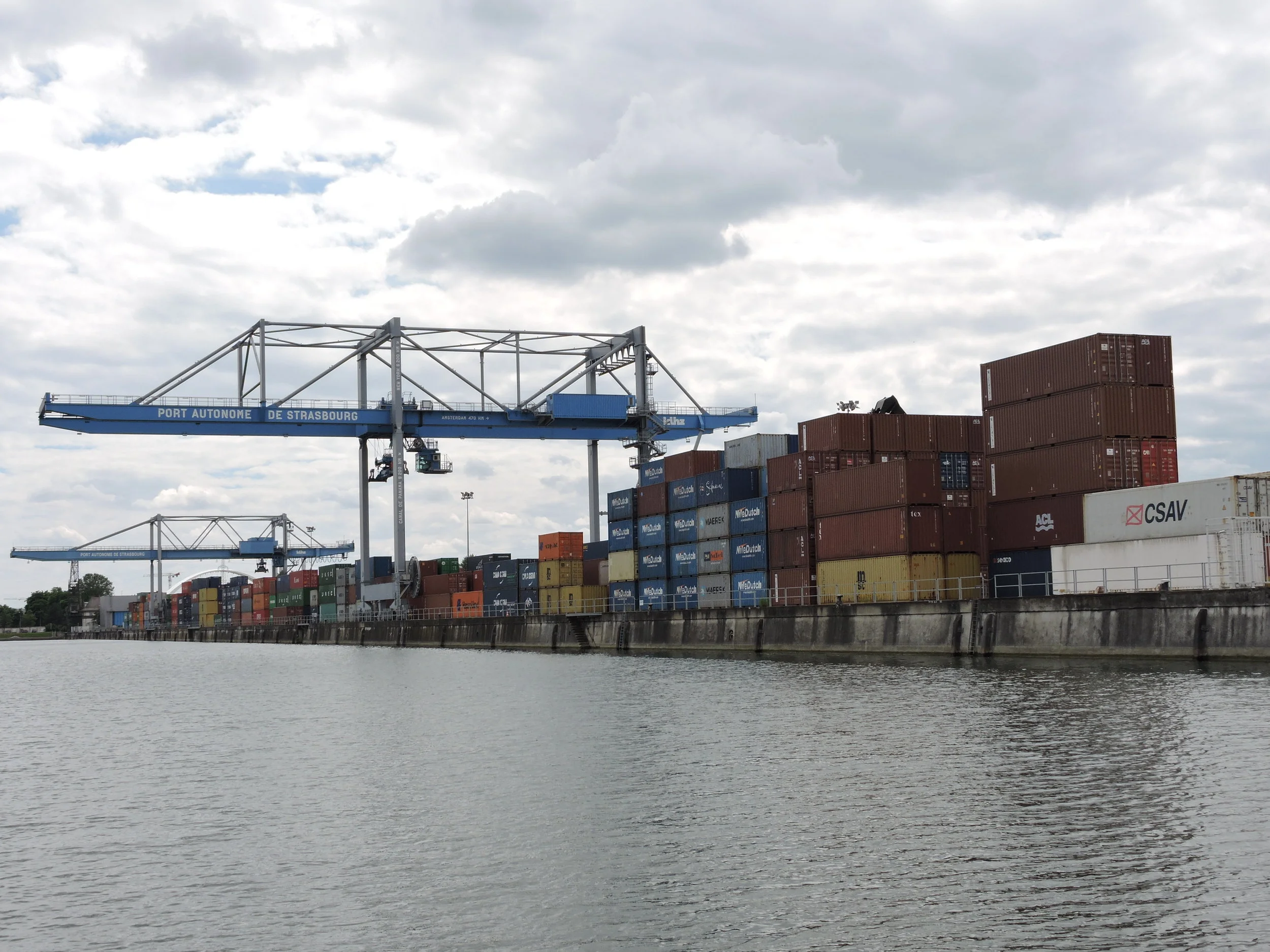









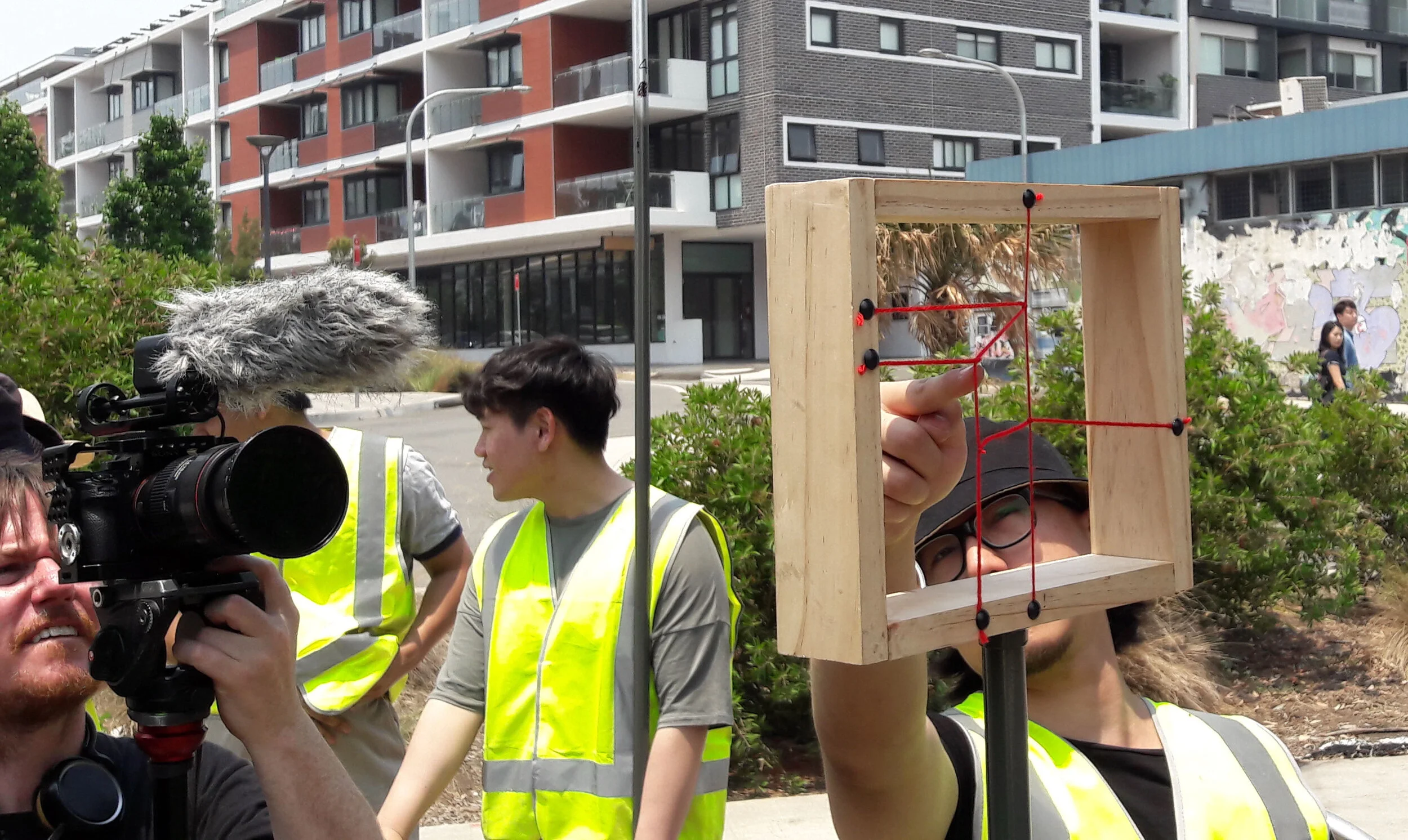





















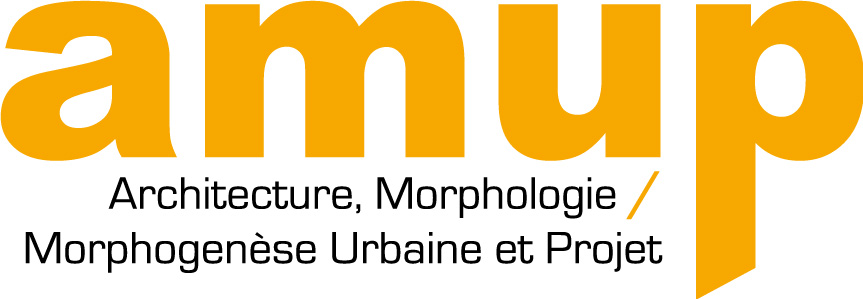




The disasters have come one after another. While they may not be entirely preventable, we can take many practical steps tailored to local needs and conditions to reduce the impacts on our cities.
READ the article on The Conversation edition Australia